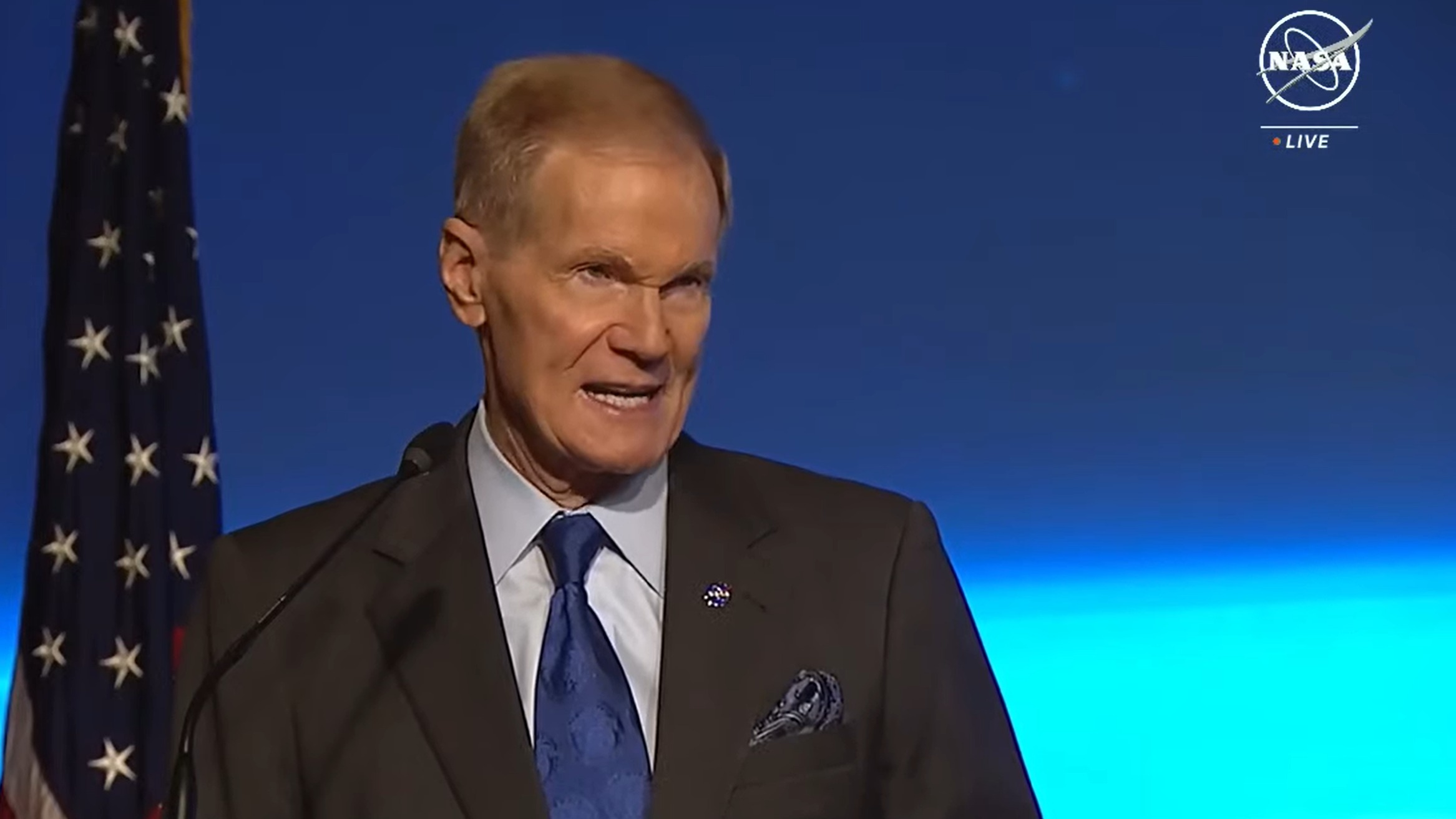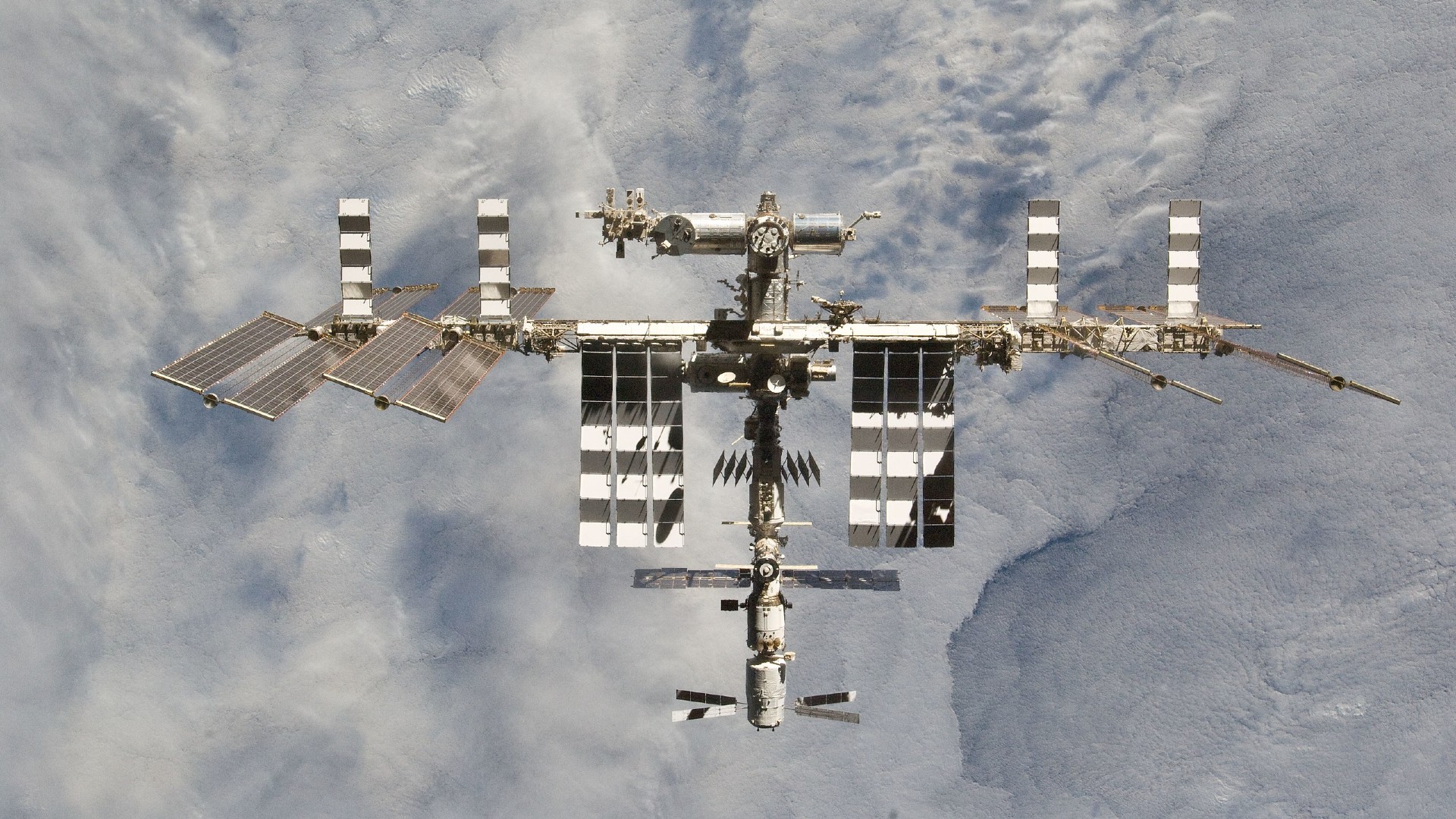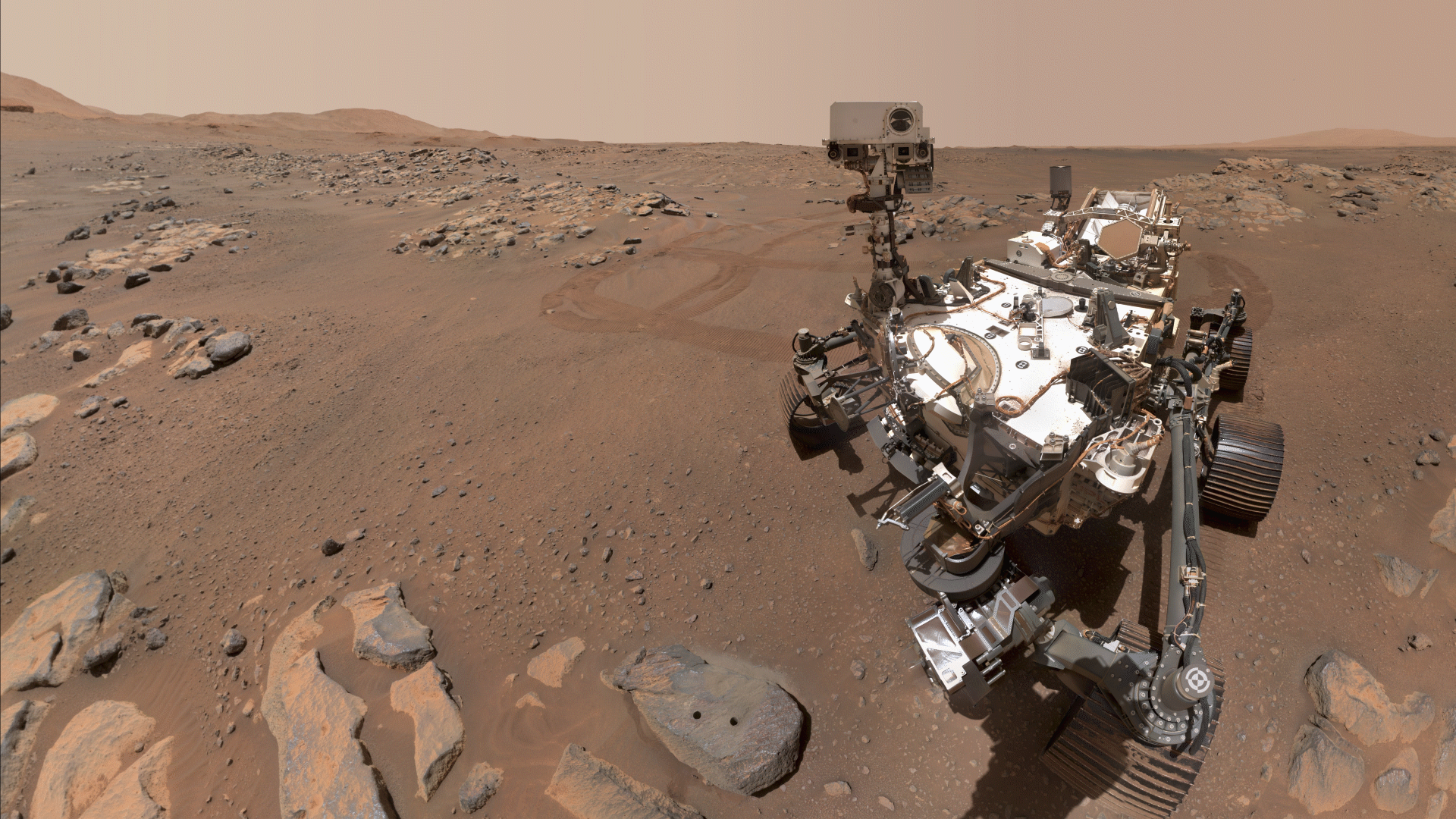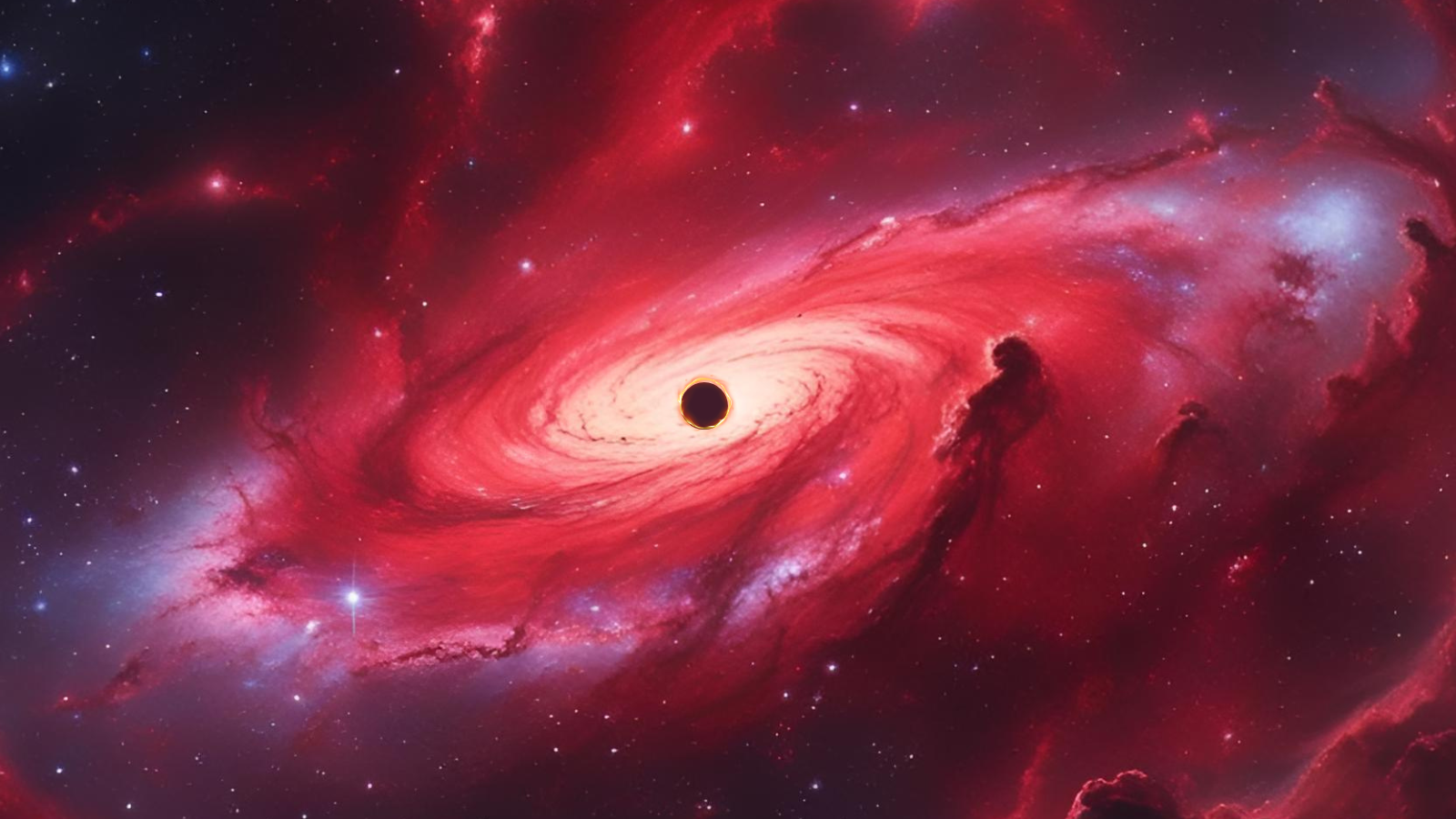NASA chief Bill Nelson promises a 'fight' for agency's 2025 budget request
"We will continue to do everything in our power to fight for NASA."

NASA Administrator Bill Nelson says his agency was "caught" in a Congressional compromise for spending cuts in fiscal year 2025.
Nelson's annual "State of NASA" address framed a two-year spending reduction agreement in Congress, reached in the U.S. Senate late Friday (March 8) for part of the government, as a result of "partisan political gridlock" that will affect NASA greatly in the current fiscal year and the next one. (Nelson is a former Democratic representative for both the U.S. House and the Senate.)
While Congress passed part of the delayed fiscal 2024 budget and cleared the way for U.S. President Joe Biden's fiscal 2025 request for NASA today (March 11), Nelson said the price was a high one to pay. "NASA has become one of many government agencies that got caught in this across-the-board spending cut," Nelson said in the livestreamed broadcast, from the agency's headquarters in Washington, D.C.
The Senate's $467.5 billion discretionary spending package for fiscal 2024 passed in a bipartisan 75-22 vote and will fund NASA and a range of other U.S. programs through Sept. 30, when the fiscal year concludes. The package passed shortly before funding expired for this group of departments and agencies on Friday at midnight. But the money doesn't fund all of the U.S. government; another major deadline is coming up on March 22 for the military, health care, homeland security and other programs.
Related: What is NASA? Exploring the universe for 65 years
Nelson delivered his comments on the same day that the White House released its fiscal year 2025 budget with some details of the government appropriations request, for the fiscal year beginning Oct. 1.
An outline of NASA's $25.4 billion FY25 budget request was also released early this afternoon EST, and that will be covered in more detail here at Space.com later today.
Breaking space news, the latest updates on rocket launches, skywatching events and more!
Nelson argued that NASA has had bipartisan support, but like other government departments received funding cuts in fiscal years 2024 and 2025 because a "small group in the House of Representatives" held up the budget's passage.
The politicians' negotiations were complex and lengthy, but an NPR report said in January, for example, that "many" Republicans in the House were concerned about deficit spending, along with money allocated in defense and for provisions such as reproductive care.
Fiscal year 2024 saw an approximately $2.5 billion cut for NASA over its request for that year, from $27.2 billion to $24.875 billion, in the negotiations.
While that's a near 10% reduction from the agency's request, Nelson said NASA "fared better than other agencies and departments" covered in the spending bill "due to advocates in the White House in Congress, and right here in this building, pushing to get us the resources that we need to reach for the stars."
"I promise you —every one of you — that's a part of team NASA that I, that we, will continue to do everything in our power to fight for NASA," Nelson added of FY25's budget, which must meet the approval of Congress during an election year.
The White House's budget request includes language suggesting NASA will gradually reduce spending on the quarter-century old International Space Station to make funding available for two things already announced in past budgets: a new set of commercial space stations, and a space tug to deorbit the long-running complex.
The budget also makes no firm commitments about Mars sample return (MSR), a program that was affected by layoffs at NASA's Jet Propulsion Laboratory this winter amid ongoing budget uncertainty. (MSR's medium-term goal is to return to Earth in the 2030s samples collected by NASA's Perseverance rover.)
"Given that the Mars sample return mission is a major part of part of NASA's planetary science budget, the budget enables NASA's internal assessment of mission architecture options to be completed to address mission cost overruns before providing more details for the $2.7 billion in planetary science budget," the White House stated.
The budget also includes requests for $7.6 billion for the Artemis moon program for astronauts (an essentially flat amount from the 2024 budget request), $2.4 billion for Earth science, $1.2 billion for space technology and $966 million for aeronautics, among other programs.
Other institutions whose FY25 budget request was announced today have work that touch on NASA's mandate, like the National Science Foundation (NSF). The NSF request includes "support for continued design and development work for a single extremely large telescope," but does not specify which one except to say it has "the potential to advance ground-based astronomy observing capabilities for U.S. researchers." There are currently two U.S. megascopes in development: the Giant Magellan Telescope and the Thirty Meter Telescope.

Elizabeth Howell (she/her), Ph.D., was a staff writer in the spaceflight channel between 2022 and 2024 specializing in Canadian space news. She was contributing writer for Space.com for 10 years from 2012 to 2024. Elizabeth's reporting includes multiple exclusives with the White House, leading world coverage about a lost-and-found space tomato on the International Space Station, witnessing five human spaceflight launches on two continents, flying parabolic, working inside a spacesuit, and participating in a simulated Mars mission. Her latest book, "Why Am I Taller?" (ECW Press, 2022) is co-written with astronaut Dave Williams.


